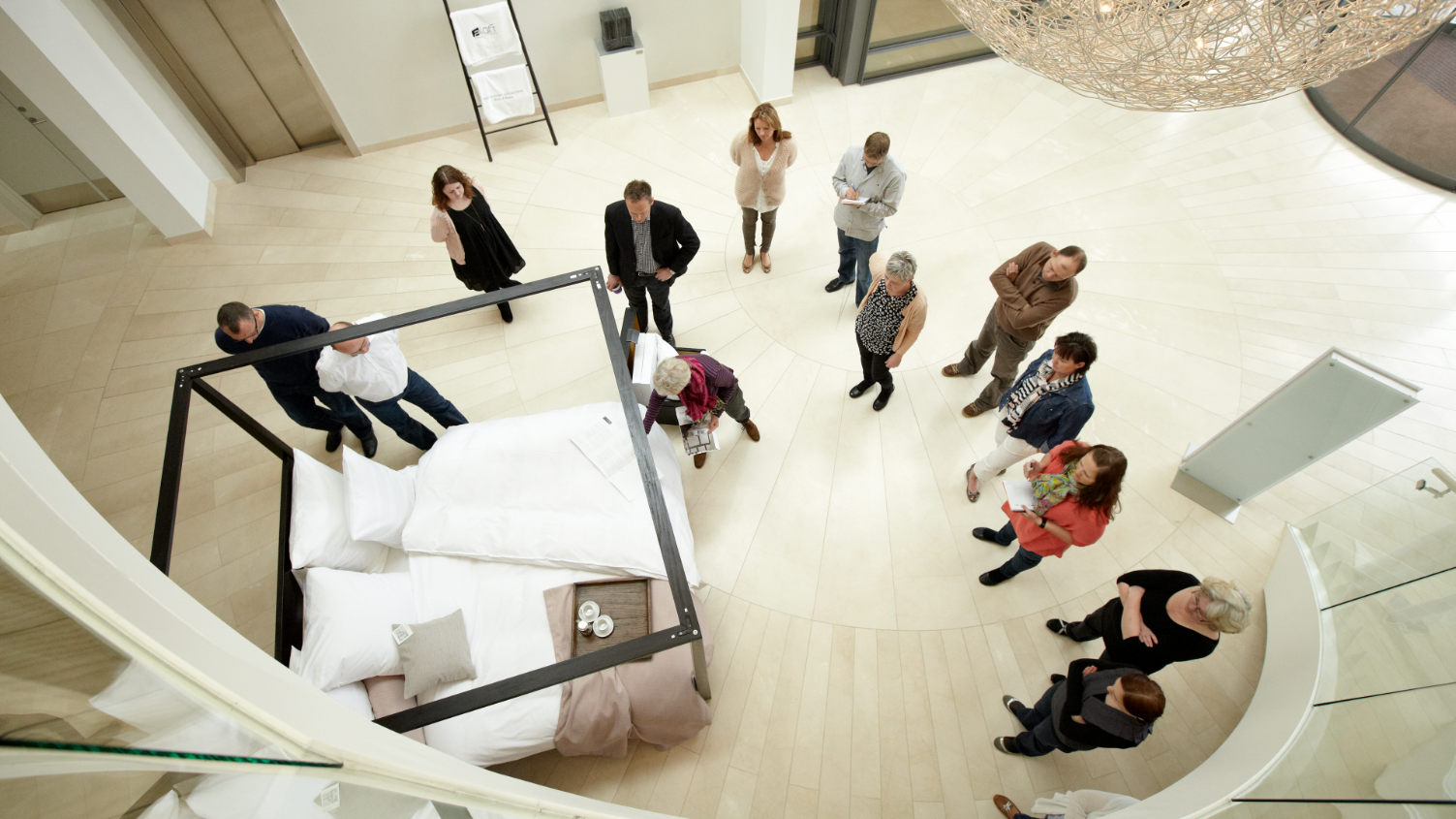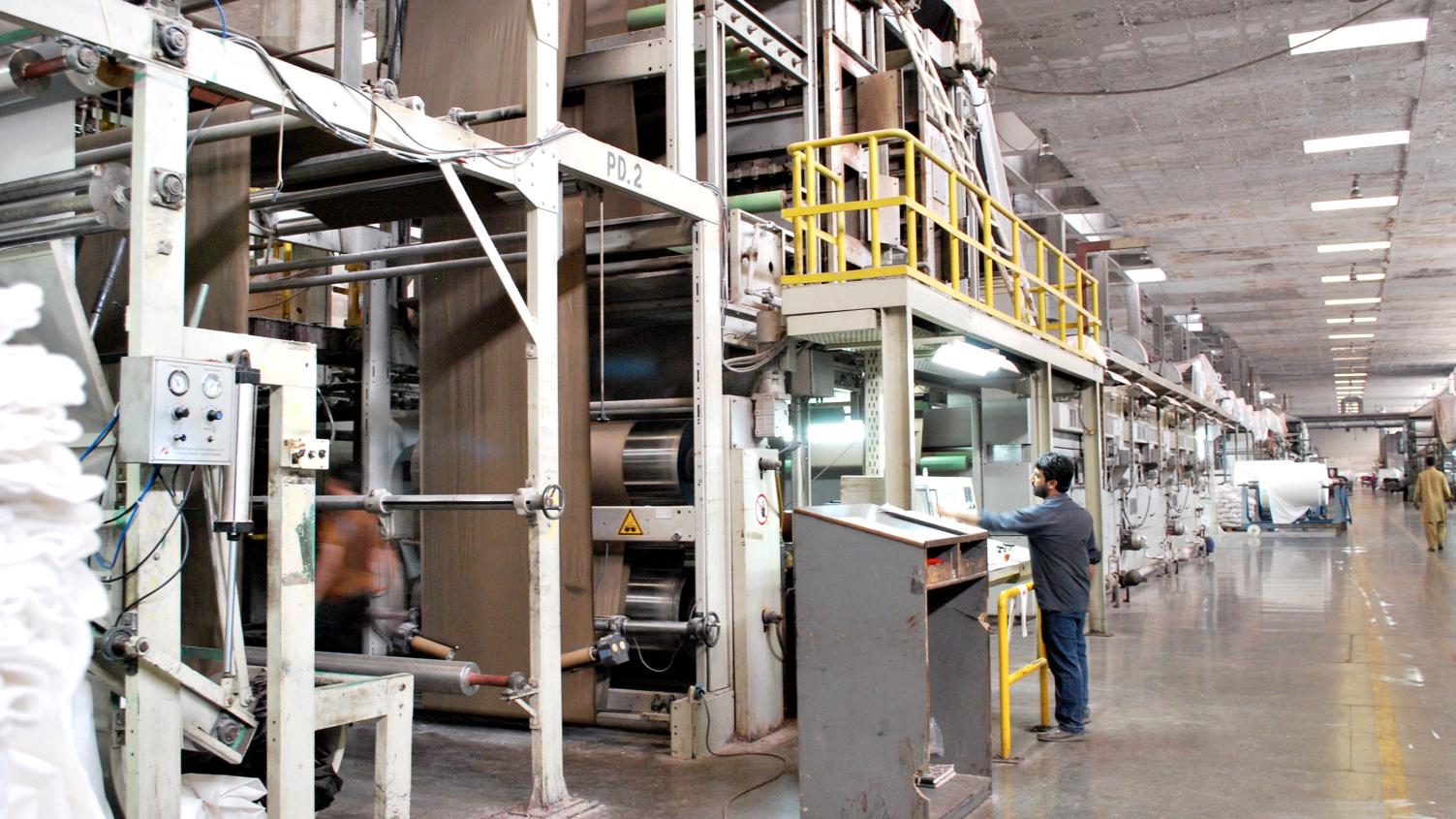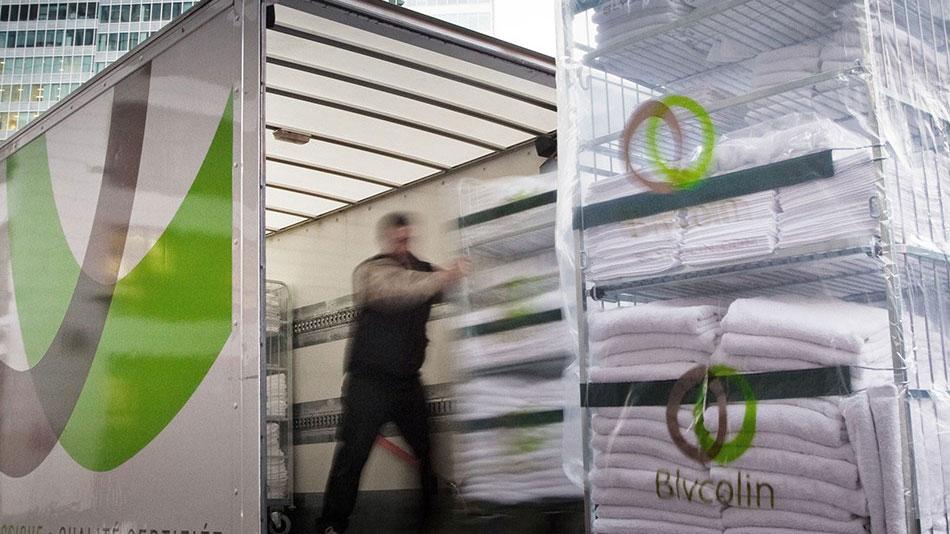We are a partnership
working towards a greener future
And together, we...
are 100% transparent
from manufacturing to your hotel room
save up to 13% CO2
versus average European industrial laundry
Do you know where your textiles come from?
The Textile Journey
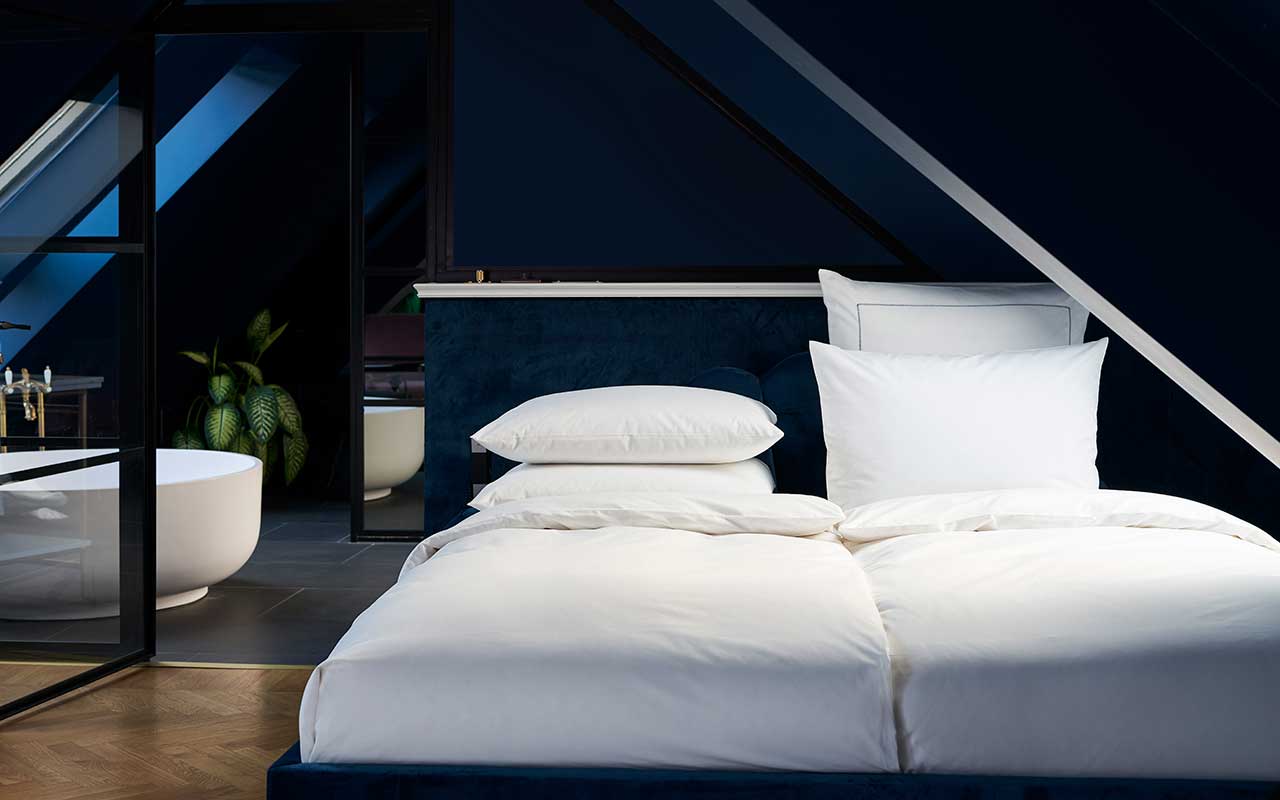
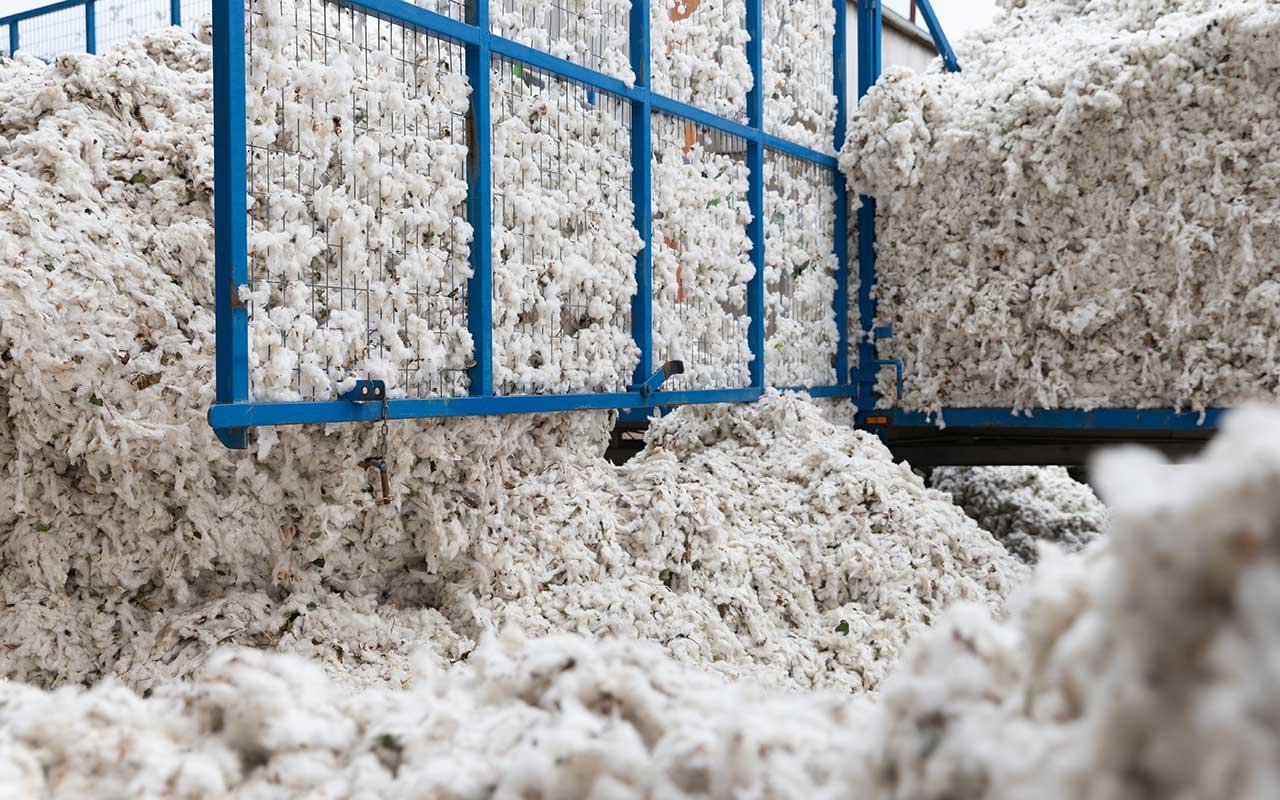
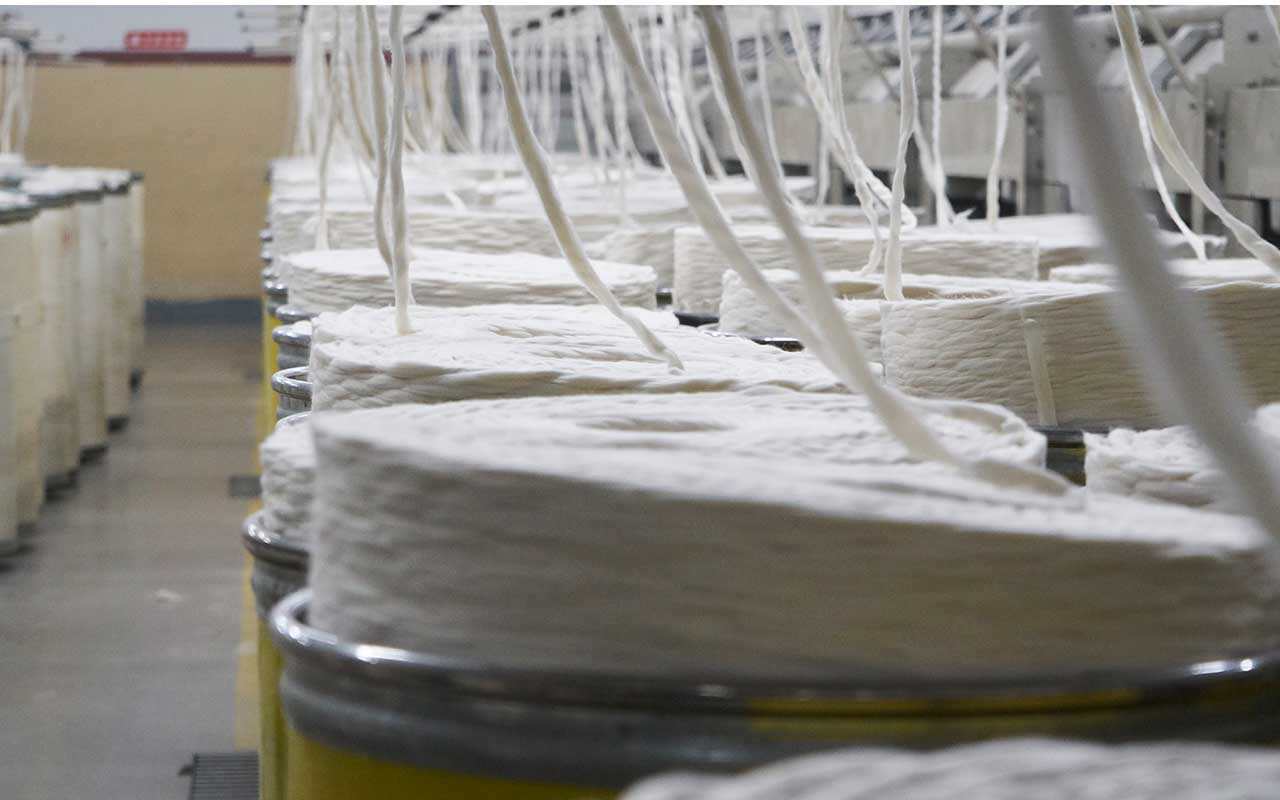
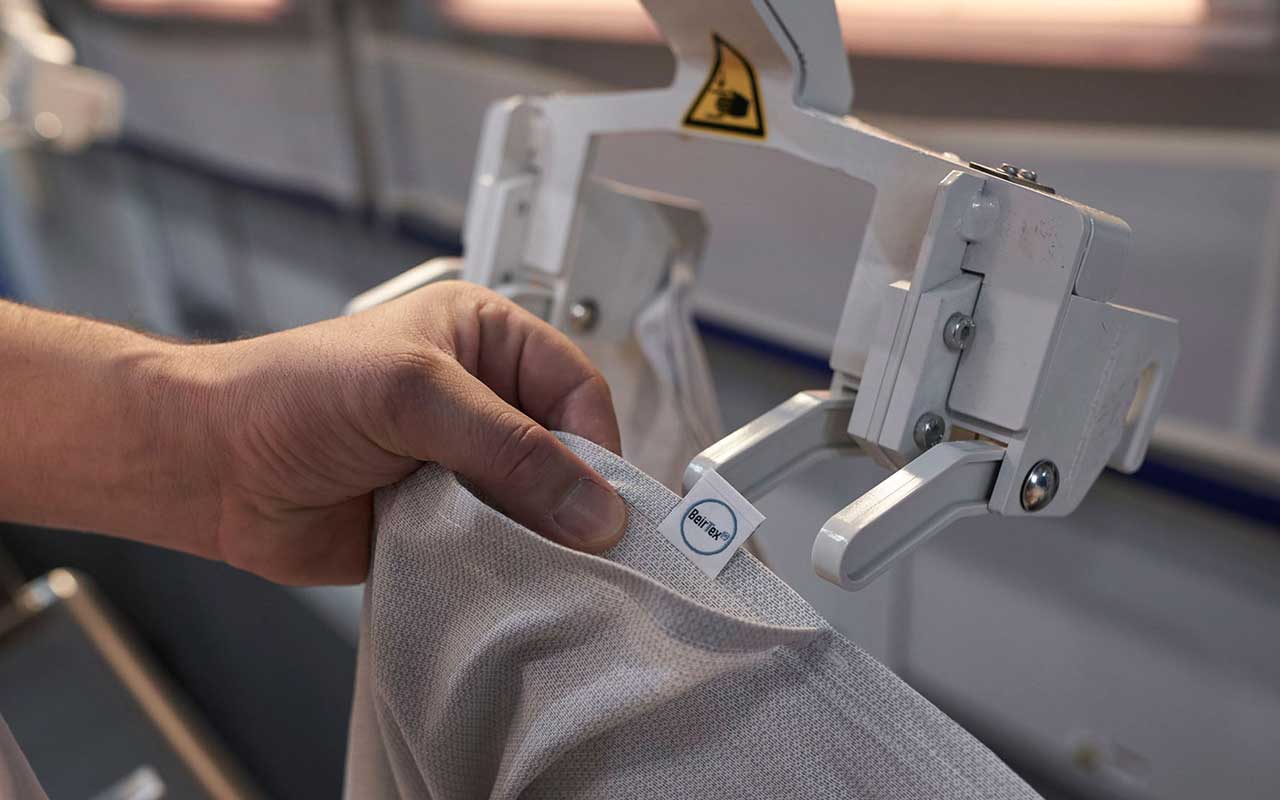
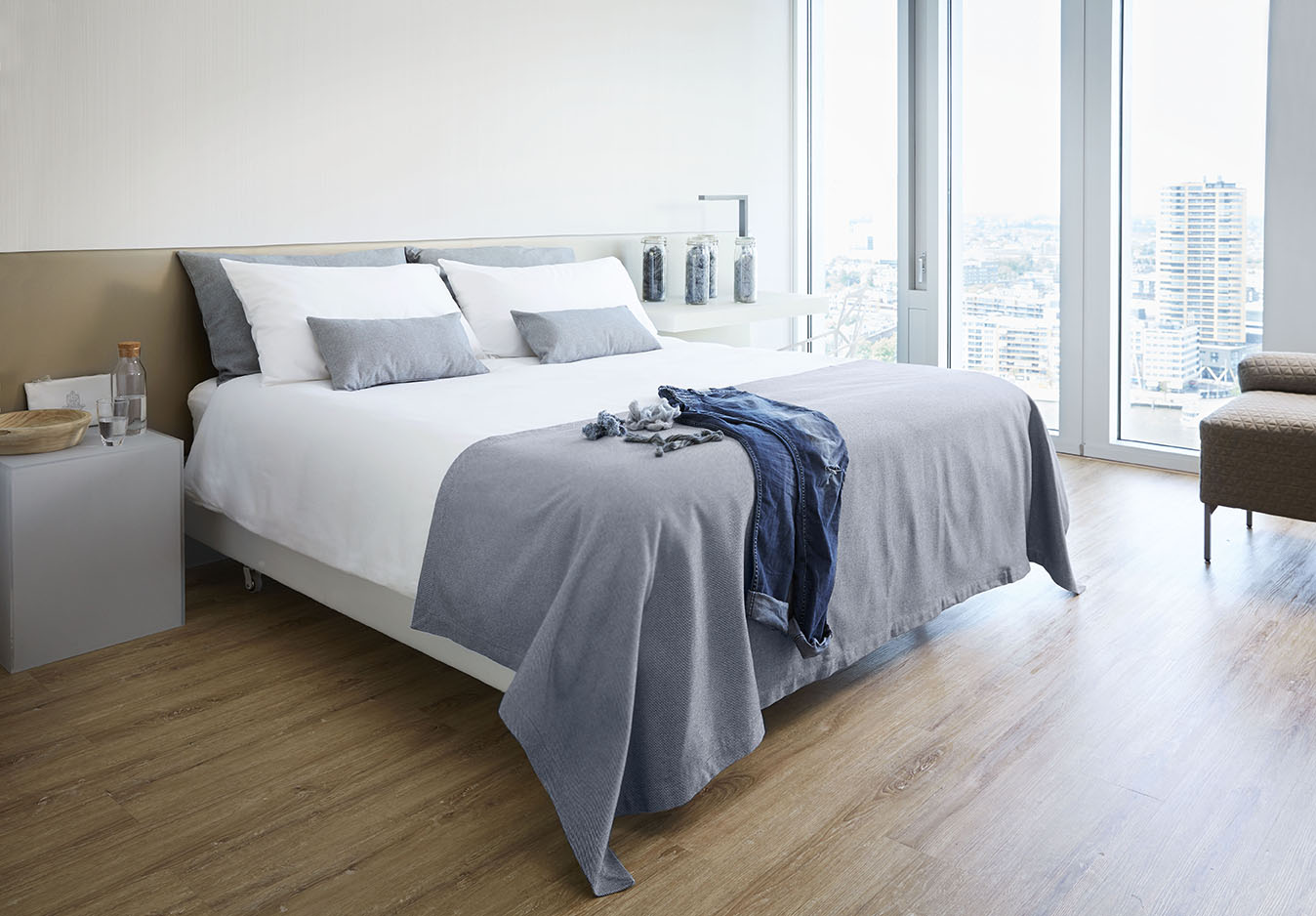
About
Role
Company Type
Founding Year
Website
We innovate sustainable textiles
Our research has shown that the most important factors to reduce environmental footprint for technical textiles is to (1) enhance their durability, (2) engineer for low energy consumption in the laundry, (3) and select timeless designs and colors. That's how we create textiles that last for decades. Not seasons.
We support Better Cotton practices
To improve cotton farming in Pakistan, we support the Better Cotton Initiative. In 2018, BCI farmers used 17% less pesticides and water for irrigation, and earned 40% more compared to non-BCI farmers. Because there are 1.5 mil. smallhold farmers located mostly around the ginning facilities, we map those facilities.
We manufacture as One Company
Incidents of irresponsible social and environmental behaviour in the textile industry are plenty. We feel such incidents can be managed better if it were our own company. Therefore, we collaborate with our manufacturers as if we were just one company. That's how we ensure a sustainable production.
Sustainable textile services
Textile service companies have a business model that is circular in nature. In recent years, enormous efficiency gains have been made within the industry. Over the last 15 years in the Netherlands alone, 54,8 % energy savings were realized through process- and chain efficiency greater use of renewable energy.
We recycle discarded textiles
After years of use, textiles must be discarded due to wear and tear. We leverage this opportunity by recycling discarded textiles. The recycled fibers are mixed with cut-off waste, recycled polyester and virgin materials to create new fibers for bed linen or sheets. This way, we breathe new life to our discarded textiles.
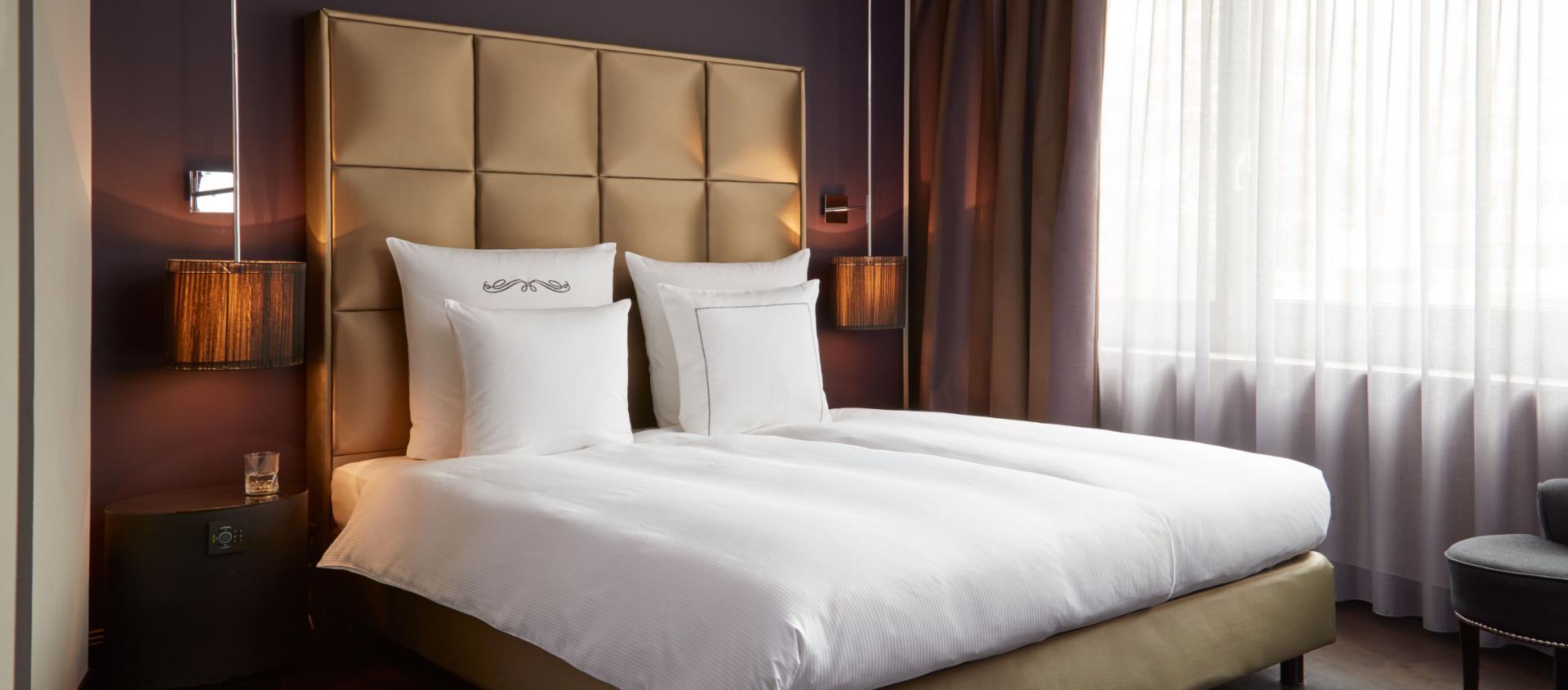
Our products are certified with one or a combination of the following ethical and environmental standards
We let our products and manufacturing processes audit according to strict environmental, ethical and safety standards by renowned auditors.






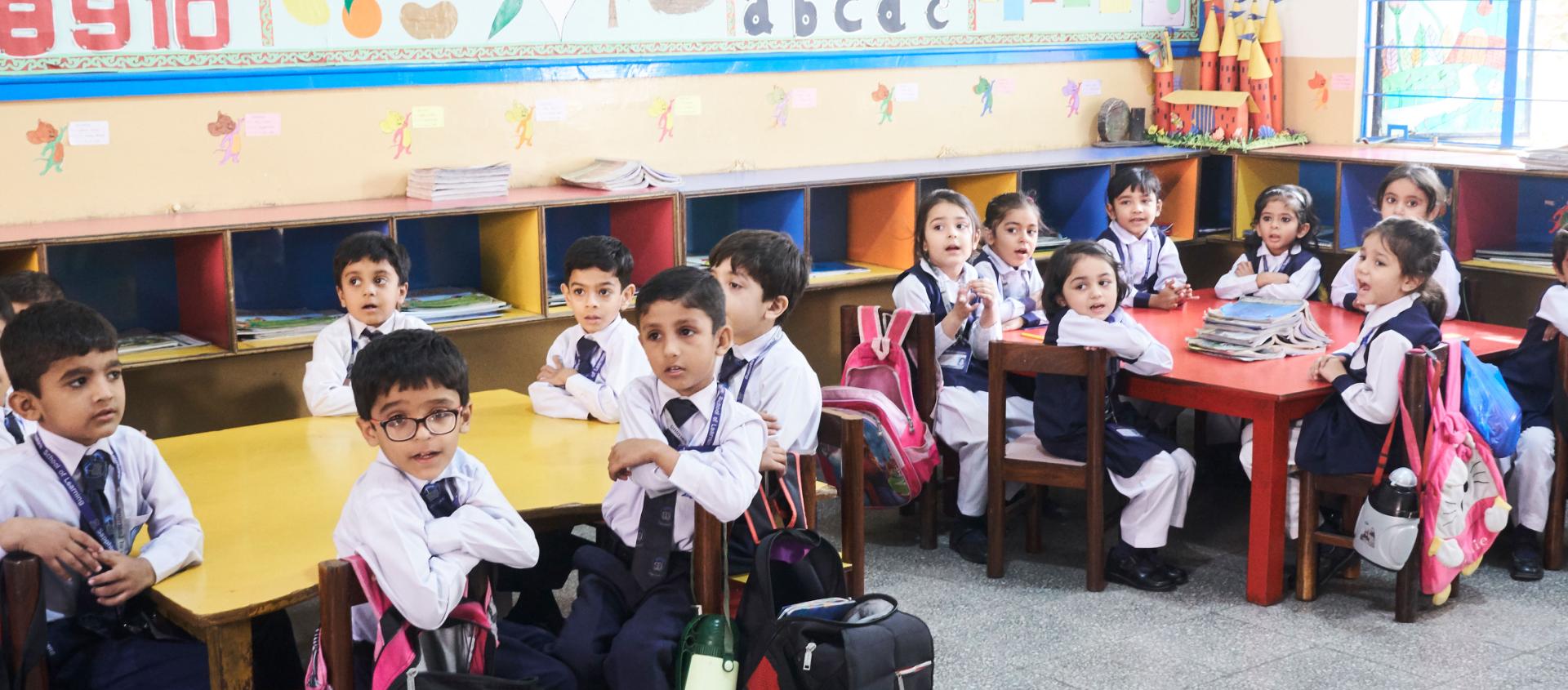
We create opportunity through education
The foundation of a stable, sustainable society with opportunities for all is the availability of education.
So, in 2011, we decided to partner up with The Citizens Foundation to provide financial support for the establishment and maintenance of the U.I. Trust Campus School in Karachi, Pakistan.
With our donation, 190 children can attend nursery to 5th grade of school. 49% of the children are girls and 51% are boys.
And to encourage families to send their girls to school, all teachers working at the school are women.
